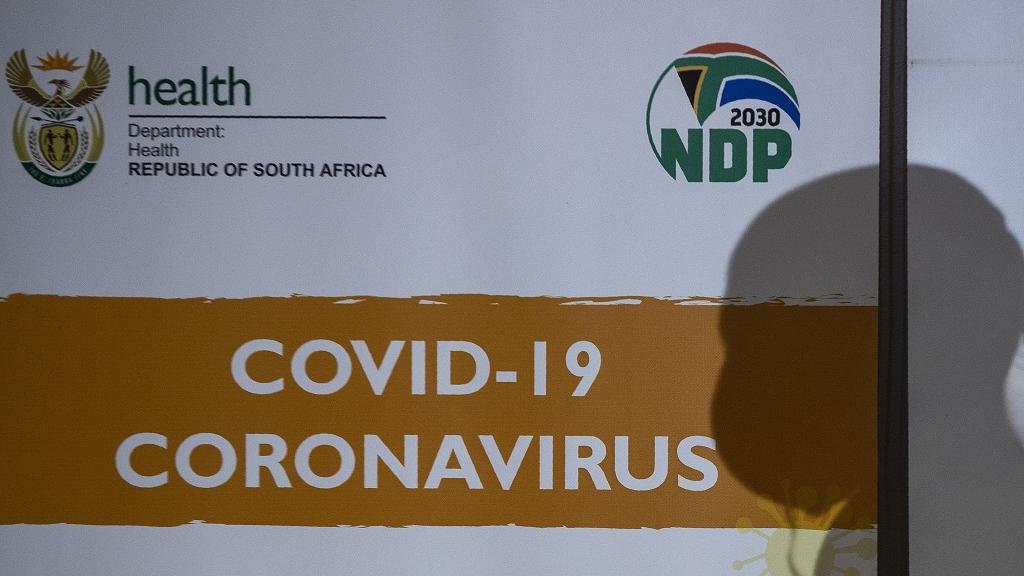
South Africa has become a COVID-19 model for the continent in many ways since it confirmed its index case on 5th March, 2020. From the area of testing through to record number of recoveries, South Africa has been praised for pro-activeness in combating the virus.
The economic intervention measures rolled out by President Cyril Ramaphosa has also been classed as one of the most comprehensive across the continent. South Africa was one of the earliest to roll out such measures.
That President Ramaphosa is also the current Chairperson of the African Union, AU; means he has the delicate task of juggling national tasks withe the continental as Africa seeks global support to combat the pandemic.
Key statistics as at July 21
- The total number of confirmed cases = 381,798
- The total number of tests so far = 2,536,921
- Total death toll = 5,568
- Total recoveries = 208,144
- Most impacted provinces = Guateng, Western Cape, Eastern Cape, Kwa Zulu-Natal
July 22: Concerns as cases continue to surge
There is growing concern that South Africa’s hospitals may not be able to cope with the numbers of COVID-19 patients expected in the next two months.
Neighboring Zimbabwe imposed a dusk to dawn curfew, banned large public gatherings and reduced business operating hours to try to slow the spread of the disease.
The number of confirmed coronavirus cases in South Africa continues to surge, accounting for more than 50% of cases in Africa and making it the country with the fifth-highest number of cumulative reported infections in the world.
South Africa has 373,628 confirmed cases, including 5,173 deaths, according to figures released by the health minister.
The rapid rise of the rate of infections in the country has raised concerns about whether South Africa’s hospitals will be able to cope with the influx of COVID-19 patients when the peak of cases is expected between August and September.
Many hospitals in Gauteng province, South Africa’s virus epicenter that includes the largest city of Johannesburg and the capital Pretoria, are already feeling the pressure of increasing numbers of COVID-19 patients.
Health minister Zweli Mkhize warned earlier this month that the country did not have enough hospital beds equipped to treat the expected numbers of COVID-19 patients. He appealed to citizens to wear face masks, now mandatory in all public places, and to keep a distance from others.
“We are extremely concerned that fatigue seems to have set in and South Africans are letting down their guard at a time when the spread of infection is surging,” said Mkhize, in an address to the nation last week.
Zimbabwe has reported 1,713 cases, up from about 50 two months ago, and President Emmerson Mnangagwa on Tuesday evening announced a night curfew, banned political, religious and social gatherings, and reduced business operating hours in order to try to slow the spread of the virus.
Mnangagwa said the “curtailing of freedoms we have always enjoyed, and had grown accustomed to” was necessary, although some claim the banning of political gatherings is aimed at suppressing an anti-government protest planned for July 31.
The accelerating spread of COVID-19 in South Africa could be a precursor to what will happen in the rest of Africa, said World Health Organization executive director of emergencies, Dr. Mike Ryan.
“I think this isn’t just a wake-up call for South Africa, We need to take what is happening in Africa very seriously,” said Ryan at the WHO weekly news conference in Geneva on Monday. “Many of those countries exist in the midst of fragility and conflict, many of them need external help support.”
AP

